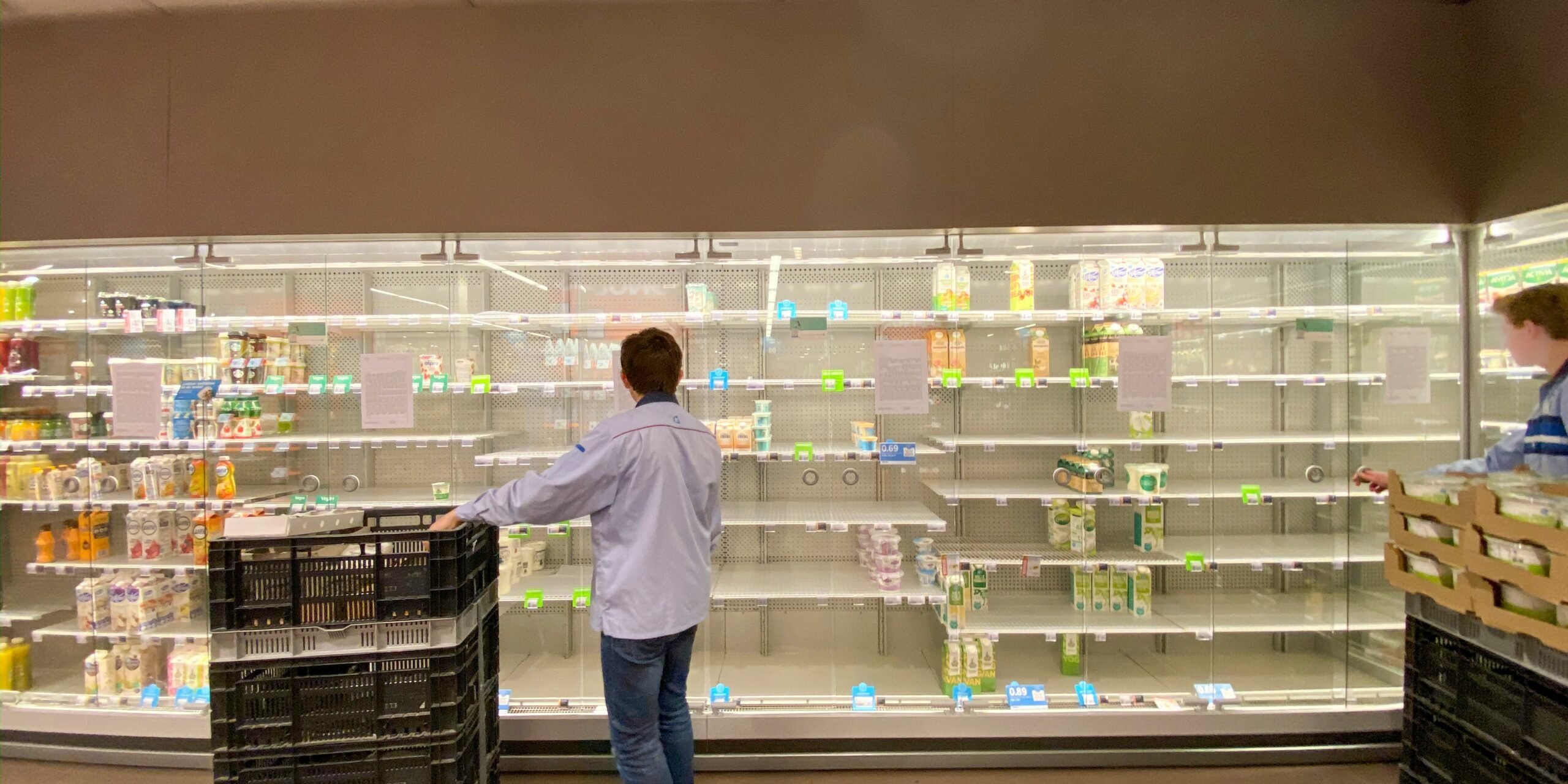Researchers from a leading university have found that improved refrigeration could eliminate nearly half of global food waste, significantly enhancing food security and reducing climate impact. The study reveals that about a third of the food produced globally each year goes to waste, while approximately 800 million people suffer from hunger. By implementing fully refrigerated food supply chains, approximately 620 million metric tonnes of food waste could be saved, and related greenhouse gas emissions could be reduced by 41 percent globally.
Sub-Saharan Africa and South and Southeast Asia have the greatest potential for reductions in both food losses and related emissions through increased adoption of refrigerated supply chains. An optimized refrigeration scenario could lead to a 45 percent reduction in food losses and a 54 percent decrease in associated emissions in South and Southeast Asia. Sub-Saharan Africa could see a 47 percent reduction in food losses and a 66 percent decrease in emissions under similar conditions.
In addition, developing more localized, less industrialized ‘farm-to-table’ food supply chains may yield food savings comparable to optimized cold chains. The lead author of the study highlighted the immense opportunity for reducing global food loss and waste, noting that about half of the 1.3 billion tonnes of food wasted annually could be saved through optimized food supply chains.
The study underscores that food losses contribute to an estimated eight percent of human-caused greenhouse gas emissions. The research focuses on food losses in the post-harvest to retail stages of the food supply chain, offering a pathway to significant environmental benefits.
The findings indicate that poor cold chain infrastructure could be responsible for up to 620 million metric tonnes of global food loss annually, resulting in emissions equivalent to 28 percent of US annual greenhouse gas emissions. Researchers developed a food-loss estimation tool to assess how improved access to refrigeration could impact food loss and associated emissions for various food types and regions.
This study demonstrates that increased refrigeration should lead to substantial improvements in both food loss and greenhouse gas emissions. The results provide a promising outlook for enhancing global food security and reducing environmental impact through optimized cold chain solutions.
#ICTTMNews #BreakingNews #SupplyChain #FoodSecurity #ClimatePositive #NewsUpdate







